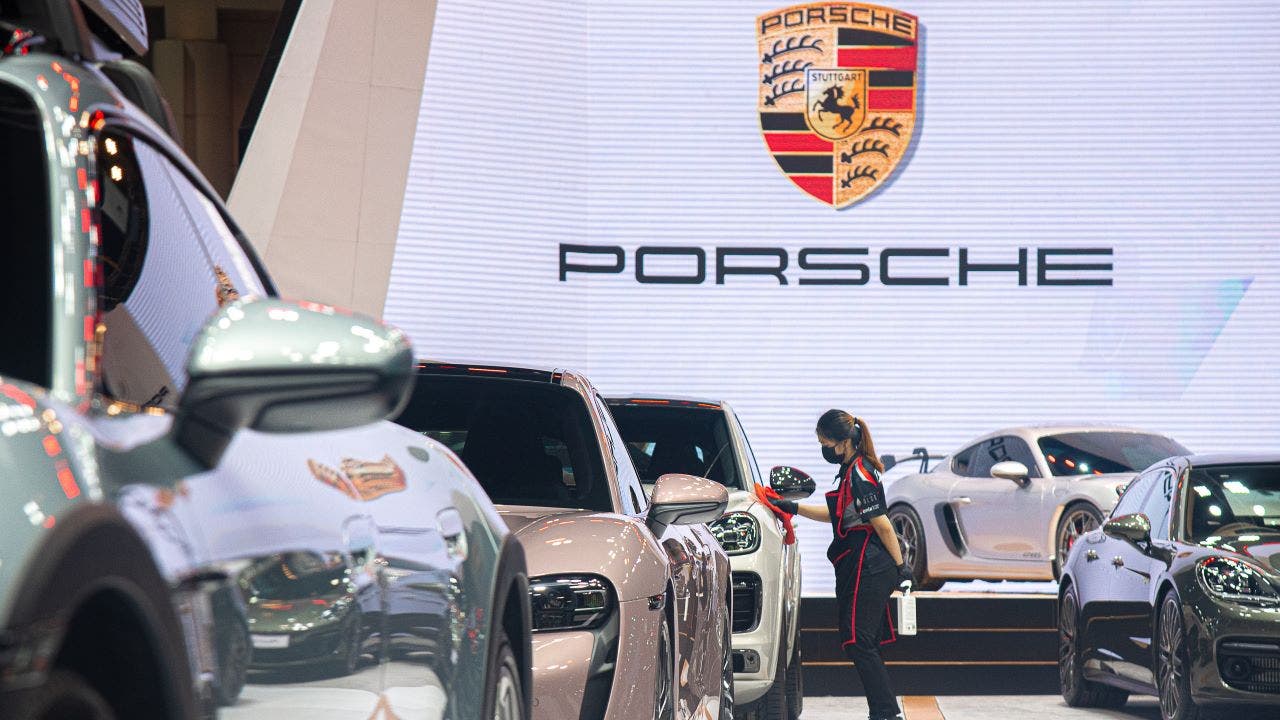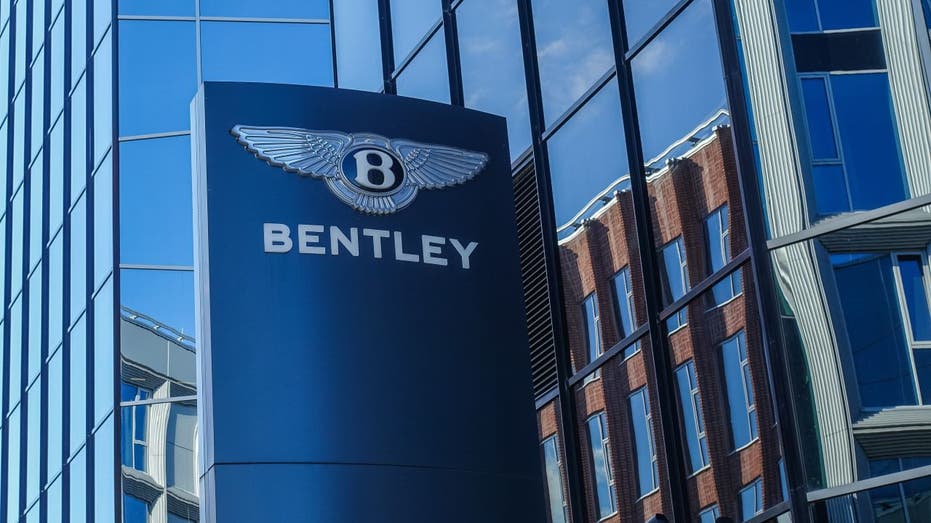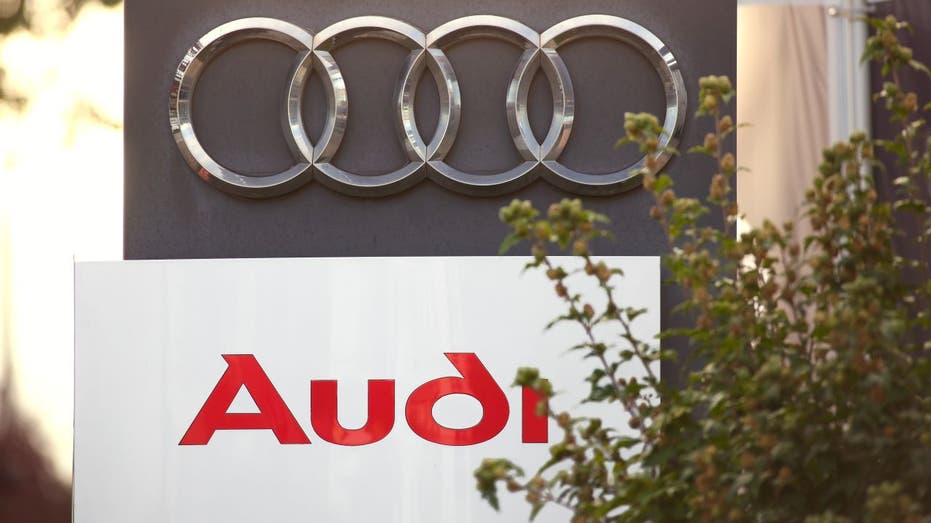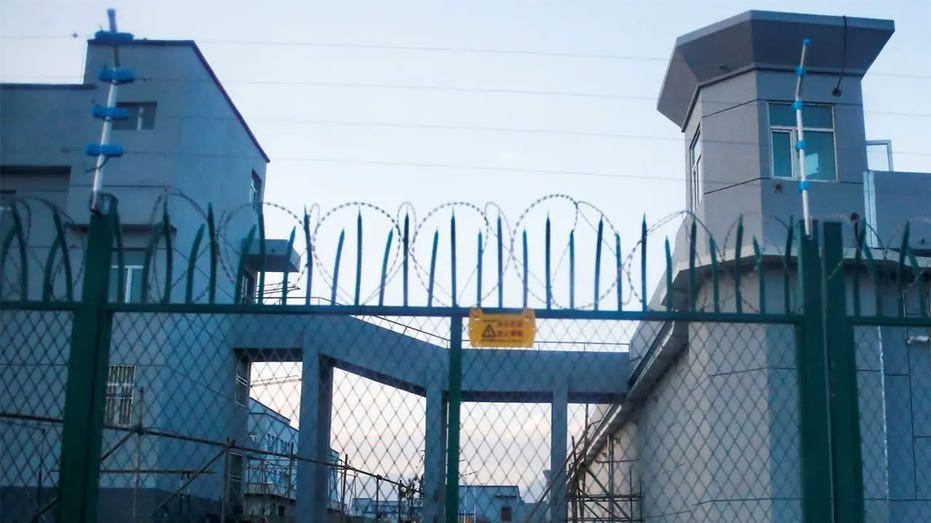Finance
Imported luxury cars such as Audi held by US over banned part linked to forced labor in China

Thousands of imported luxury cars made by brands like Porsche, Bentley and Audi are being held by U.S. authorities after a part in those vehicles was found to have violated laws against importing goods made with forced labor in China, according to a new report.
The Financial Times reported Wednesday that several thousand Audi vehicles, about 1,000 Porsche luxury cars, and several hundred Bentleys are being impounded while the banned part is replaced – a process that may take until the end of March given the volume of vehicles involved. Those luxury auto brands have common ownership under the Volkswagen Group.
The Times cited two people with knowledge of the matter who indicated that VW wasn’t aware of the origin of the part, which came from an indirect supplier, but alerted U.S. authorities as soon as its supplier notified them it came from western China.
A U.S. law known as the Uyghur Forced Labor Prevention Act (UFLPA) prohibits imported goods from western China’s Xinjiang region based on a presumption that such goods were made with forced labor. Uyghurs and other ethnic minorities in Xinjiang have been subjected to mass detention and forced labor by the Chinese Communist Party (CCP). The U.S. and other governments have labeled the CCP’s persecution of Uyghurs a genocide. The CCP rejects those allegations.
TEMU’S SUPER BOWL ADS SPARK BACKLASH OVER CHINA-BASED FIRM’S FORCED LABOR ALLEGATIONS
Under the UFLPA, there is a rebuttable presumption that goods made in Xinjiang, including supply chain components sent elsewhere for further assembly, are the product of forced labor and subject to import restrictions. The rebuttable presumption allows companies whose goods were held for inspection to provide clear and convincing evidence that the imports weren’t mined, produced or manufactured wholly or in part by forced labor.
| Ticker | Security | Last | Change | Change % |
|---|---|---|---|---|
| VWAGY | VOLKSWAGEN AG | 14.305 | -0.01 | -0.10% |
Volkswagen has a facility in Xinjiang’s capital city, Urumqi, that human rights advocates have raised concerns about regarding the use of forced labor.
The company said Wednesday that it is in discussions with its joint venture with Chinese automaker SAIC “about the future direction of business activities in Xinjiang province. Different scenarios are being considered intensively.”
SENATE PROBES MAJOR AUTOMAKERS OVER ALLEGED LINK TO UYGHUR FORCED LABOR IN CHINA

A spokesperson for Volkswagen told FOX Business that the company is “working to rectify a delay in delivering certain Volkswagen Group vehicles from ports to dealers due to a customs issue.”
“This relates to a small electronic component – part of a larger control unit – which is in the process of being replaced as parts arrive. Deliveries continue, however some unavoidable delays may occur, for which we apologize. We are contacting each customer to keep them informed,” the statement explained.
AI HELPING REMOVE CHINESE GOODS MADE WITH UYGHUR FORCED LABOR FROM CORPORATE SUPPLY CHAINS

“Volkswagen takes allegations of infringements of human rights very seriously, both within the company and in the supply chain. Of course, this also includes any allegations of forced labor,” Volkswagen said. “When we receive information on human rights risks or potential infringements, we strive to remedy them as quickly as possible. As soon as we received information of allegations regarding one of our sub-suppliers, we have been investigating the matter.”
Volkswagen added that following the conclusion of its investigation it will take appropriate steps which “may also include the termination of a supplier relationship if our investigations confirm serious violations.”

U.S. Customs and Border Protection (CBP), which enforces the UFLPA as part of its jurisdiction over customs, was not immediately able to provide a comment or other information on the impounded vehicles following an inquiry from FOX Business.
Reuters contributed to this report.
Read the full article here


















